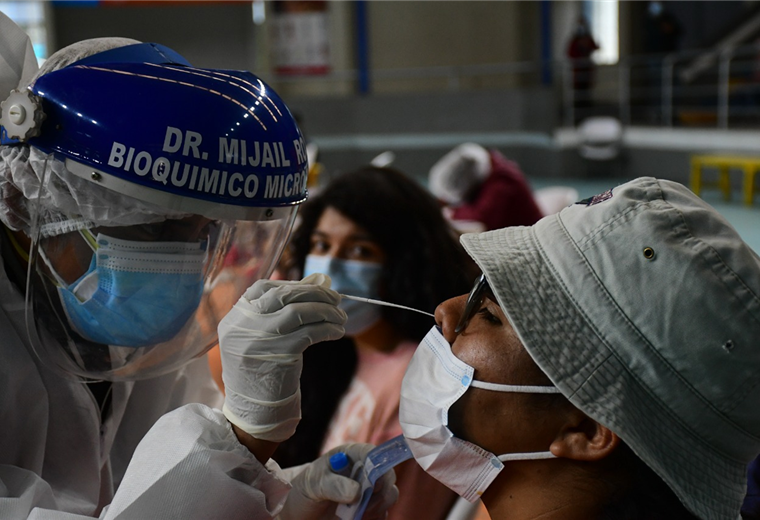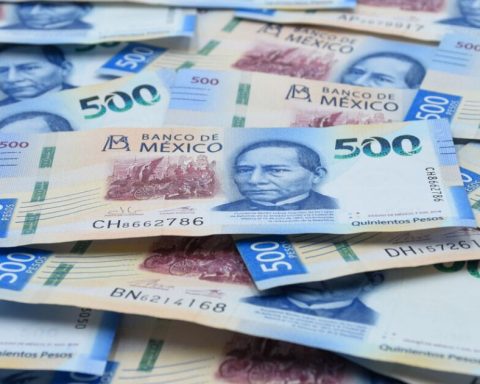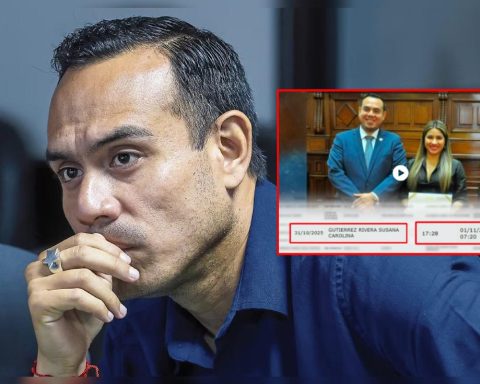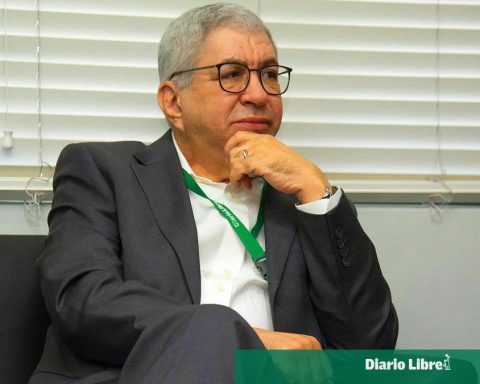The governor of the province of Buenos Aires, Axel Kicillof, announced this Thursday that Walter Correa will be his new Labor Minister, who is part of the group of trade unionists close to the vice president, Cristina Kirchner.
Walter Correawho was deputy national, will be replacing Mara Ruiz Malec, who, from Monday, will occupy the general direction of the Social Security Resources of the AFIP (Federal Administration of Public Revenues).
“I have to introduce you to who, from Monday, will succeed Mara as Minister of Labor of the province of Buenos Aires, today Secretary General of the leather industry and of the Federal Workers Current: Walter Correafriend, partner and tireless worker”, explained the governor during the First Buenos Aires Congress of Labor Law in Mar del Plata.
Belt who, from 2012 to the present, has been general secretary of the Tanners’ Union of the Argentine Republic (SOCRA), is part of the Kirchnerist trade union sector, grouped in the Trade Union Front for the National Model (FRESIMONA) and in the Federal Workers Current (CFT), led by the head of truck drivers and co-secretary general of the CGT, Pablo Moyano.

Thanks to his closeness to Cristina Kircher, the new minister, in recent days, had a meeting with the vice president in his office in the Senate together with Pablo Moyano, Omar Plaini and Mario Manrique.
During their meeting, the union leaders spoke with the former president about the current economic situation of the country and of the workers, who yesterday in the streets demanded measures against inflation.

Even Belt participated in the march organized by the CGT (General Confederation of Labor) in the center of the City of Buenos Aires, in rejection of price marking.
What will be the priority of Walter Correa in the Labor portfolio
The ex-deputy national, upon reaching the Labor portfolio, you must, among other things, advance with the negotiation that is being carried out with the state unions to reopen the parity.

This, given that different sectors demand wage adjustments in line with inflation, which, in July, marked a historical 7.4% and with which the annual accumulated is expected to exceed 100%.


















